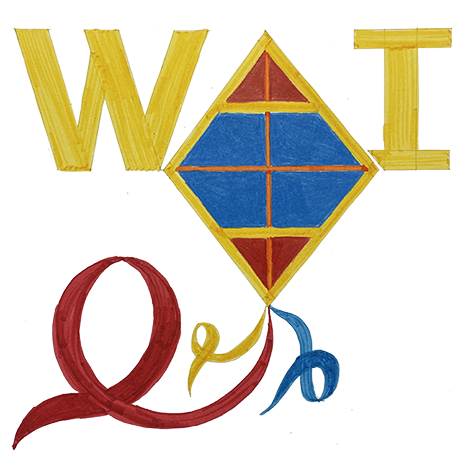The Importance of Standards Harmonization
Standards harmonization is crucial for advancing Web accessibility by unifying international technical standards across various Web components, including content, authoring tools, browsers, and media players. Currently, the Web accessibility landscape is fragmented, with divergent guidelines across countries and regions, complicating development and implementation. A consistent set of standards, like those from the W3C’s Web Accessibility Initiative (WAI), facilitates the creation of accessible content by promoting uniformity in authoring tools and improving support in browsers and media players.
Harmonizing standards alleviates the challenges posed by fragmented guidelines, which can hinder progress by increasing the complexity for developers and tool creators. Fragmentation requires adherence to multiple, sometimes conflicting, sets of guidelines, making it difficult for developers to create and evaluate accessible Web content efficiently. Harmonized standards streamline this process by consolidating guidelines, reducing the burden on developers, and accelerating the availability of improved tools and resources.
To address the issue, it is essential to support and promote the adoption of unified standards through active participation in guideline development, awareness-raising, and encouraging organizations to transition to updated standards. Such efforts will enhance the effectiveness of Web accessibility tools, ensure better integration with assistive technologies, and ultimately foster a more accessible and inclusive Web environment.
